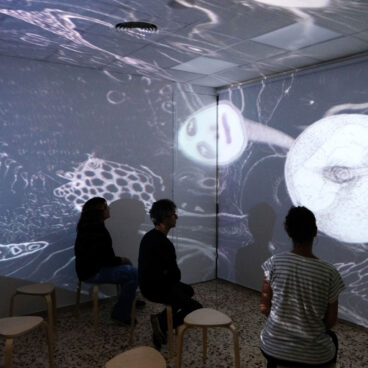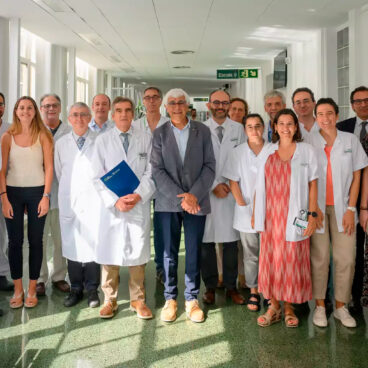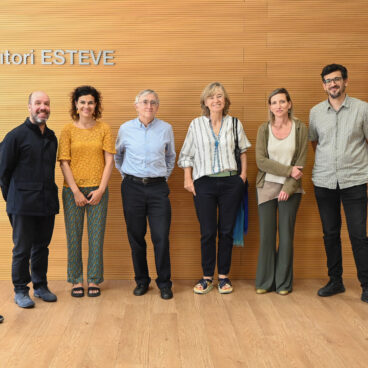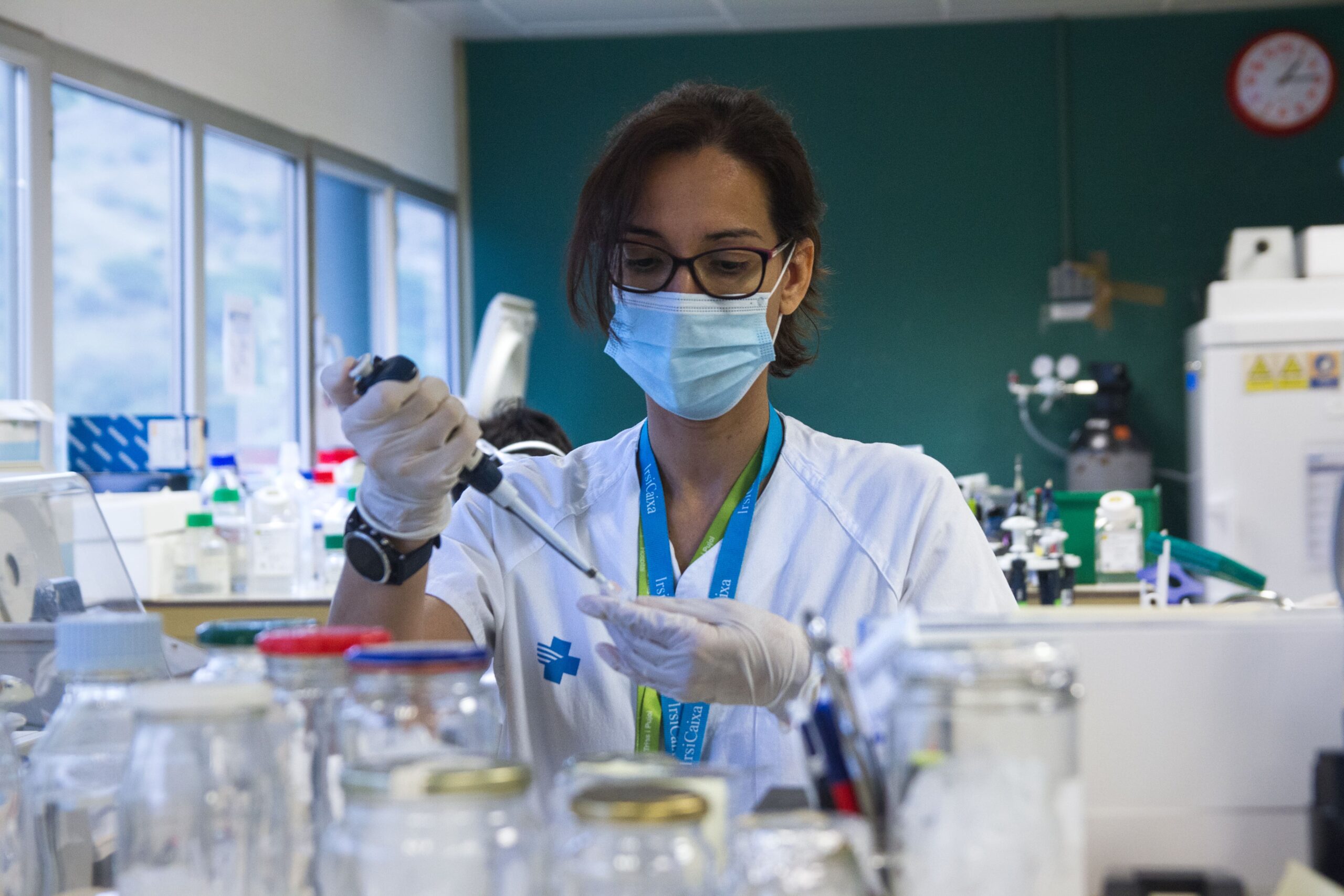
- Foundation
-
Projects
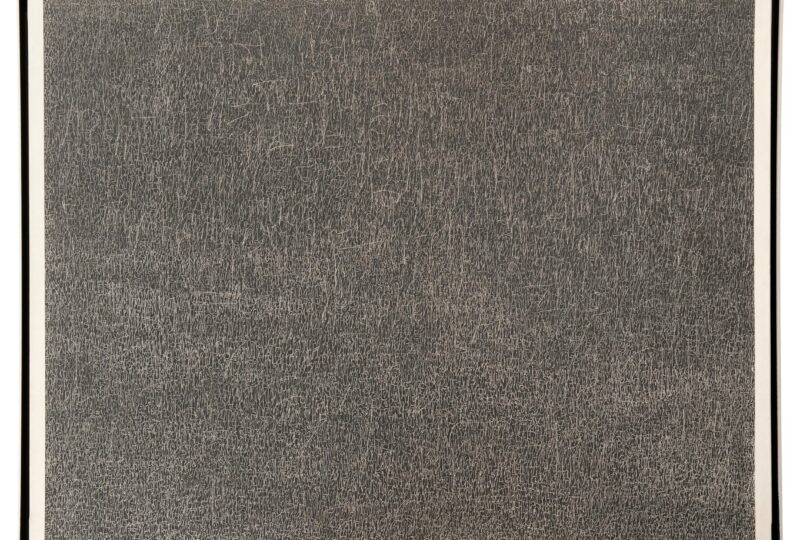
MORTALES+ Community, Art and HIV/AIDS
Fundació Glòria Soler, an organisation that has supported research into HIV/AIDS, is supporting a community arts and research project related to the disease and its cures. The project seeks to create spaces for collective reflection through the activation of working groups, which function as mutual support groups.
Read more

Blue Soler Therapeutic SUP. Sport and Health
The Glòria Soler Foundation supports the Blue Soler Therapeutic Project which aims to generate knowledge to be able to demonstrate the benefits of Stand Up Paddle in the health of adults with musculoskeletal diseases.
Read more
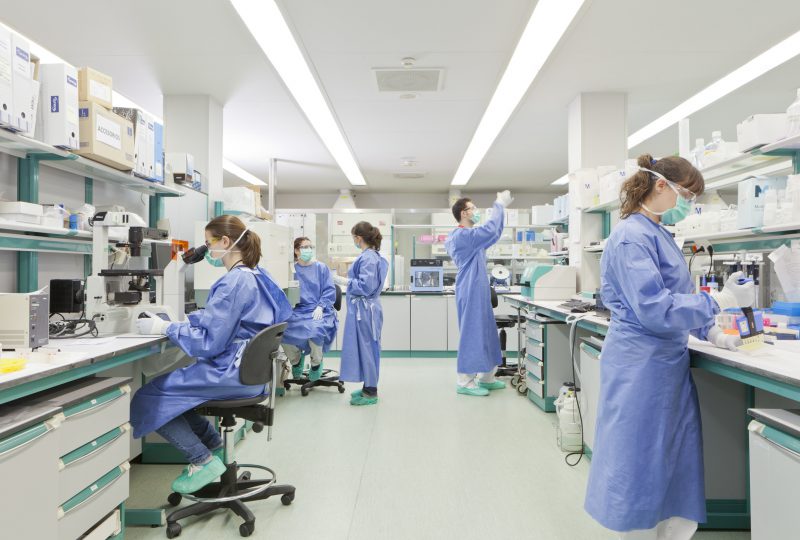
Vaccine against HIV/AIDS
The eradication of the HIV/AIDS pandemic in the world continues to be one of the greatest challenges facing the international scientific community. The Glòria Soler Foundation supports the fight against HIV/AIDS through scientific research and initiatives to broaden awareness.
Read more

Suñol Soler Collection
The Glòria Soler Foundation collaborates strategically with the Fundació Suñol, an entity dedicated to the dissemination and promotion of art that has one of the most important collections of contemporary art in the entire State, with a fund of more than 1,000 works by 250 artists. Together with the Glòria Soler Foundation, they work to disseminate contemporary art and bring its values closer to society.
Read more
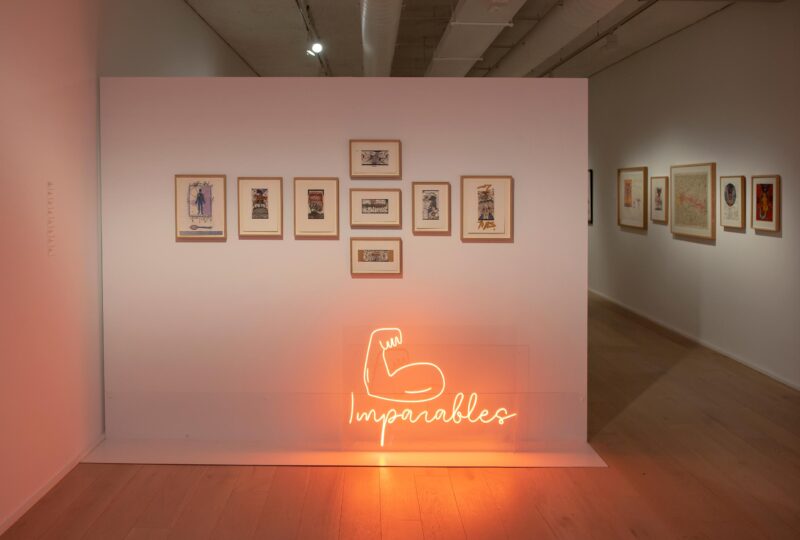
Josep Carreras Foundation
The Fundació Glòria Soler adheres as a collaborator and honorary partner to the Josep Carreras Foundation to contribute together with other donors to research against Leukemia.
Read more
-
News
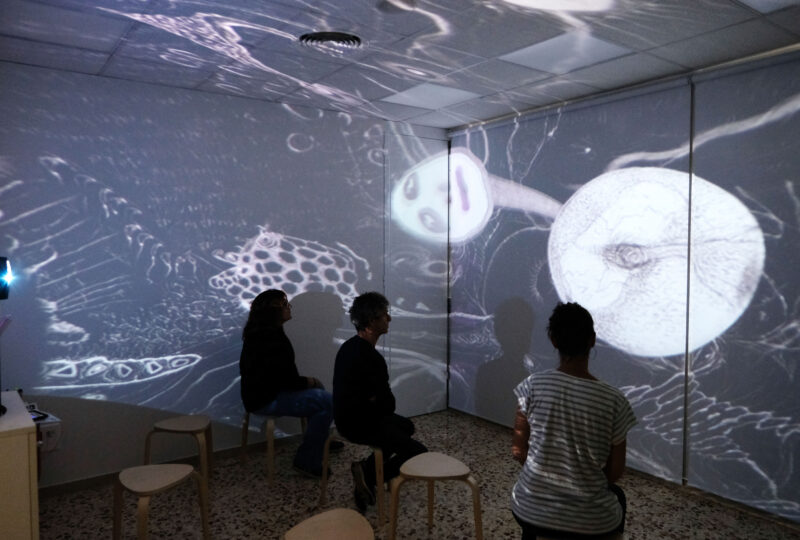
Parc Sanitari de Sant Joan de Déu inaugurates the immersive experience ‘Mental State’ based on the works of artist Zush/Evru
The Parc Sanitari de Sant Joan de Déu, the Fundació Glòria Soler and the Fundació Suñol, in collaboration with Broomx, present ‘Mental State. Cartographies of identity’, an immersive experience created from the creative universe of the artist Zush/Evru.
Read more
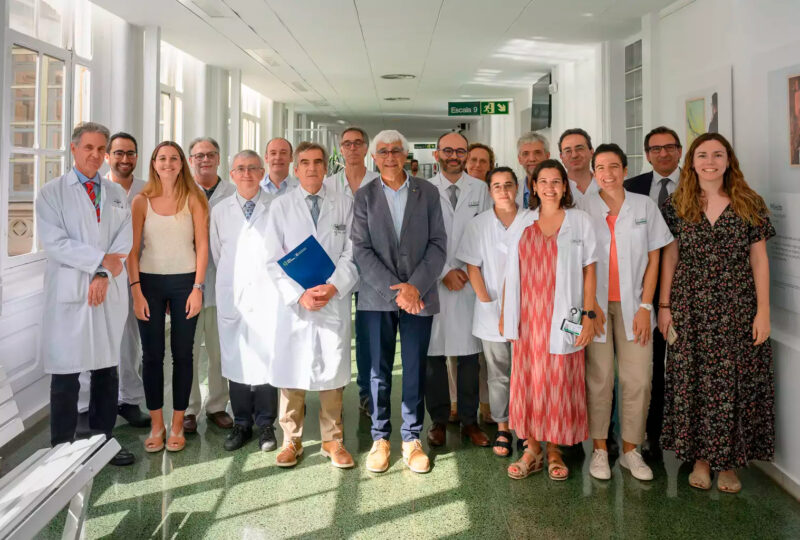
Green light for CAR-T ARI0002h developed by Hospital Clínic-IDIBAPS for patients with multiple myeloma
The Committee for the Evaluation of Medicinal Products for Human Use of the Spanish Agency for Medicines and Health Products (AEMPS) has approved ARI0002h for approval as a non-industrially manufactured advanced therapy medicinal product in patients with multiple myeloma resistant to conventional treatments.
Read more
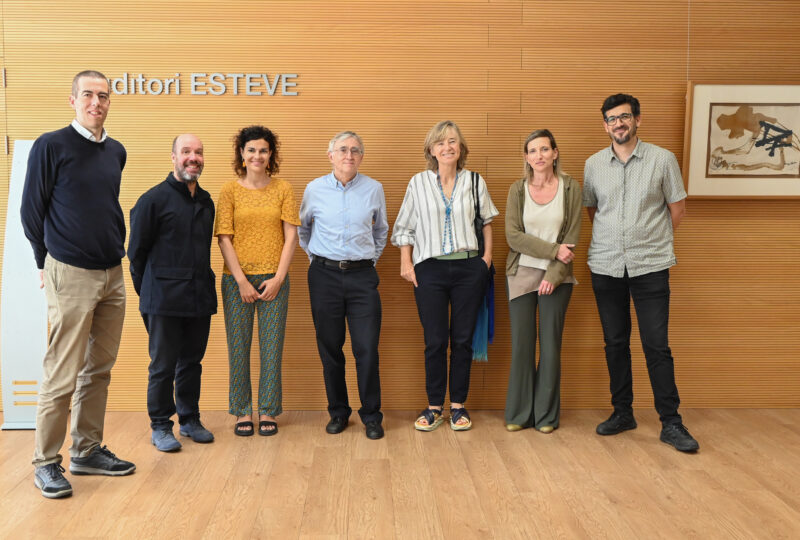
The Glòria Soler Foundation presents ‘Peu i vernís’ by Antoni Tàpies at Clínic Barcelona/IDIBAPS as part of the Tàpies Year
Last week, the presentation of the painting “Peu i vernís” by Antoni Tàpies took place; which has been installed in the mezzanine of the CEK. The event, open to everyone, was attended by representatives of IDIBAPS, the Suñol and Glòria Soler Foundations, and the Antoni Tàpies Foundation
Read more

Blue Soler leads first international project to demonstrate the therapeutic benefits of Stand Up Paddle (SUP)
Blue Soler is the first project of the Blue Health Sup Therapeutic Association, formed by the Blue Salt School team and the Gloria Soler Foundation. This weekend, May 17-19, on the occasion of the BCN SUP WORLD FEST, organized by the Catalan Surfing Federation, with the support of l’Ajuntament de Barcelona, the Blue Soler team will be presenting the project to the international community of Euro Tour riders and the entire world SUP environment.
Read more

Health and inclusion project: Blue_Soler SUP Therapeutic
The Blue Soler SUP Therapeutic project, which starts this April, is the first international study to demonstrate the health benefits of therapeutic Stand-up Paddle, for adults with musculoskeletal problems.
Read more
- Collection

